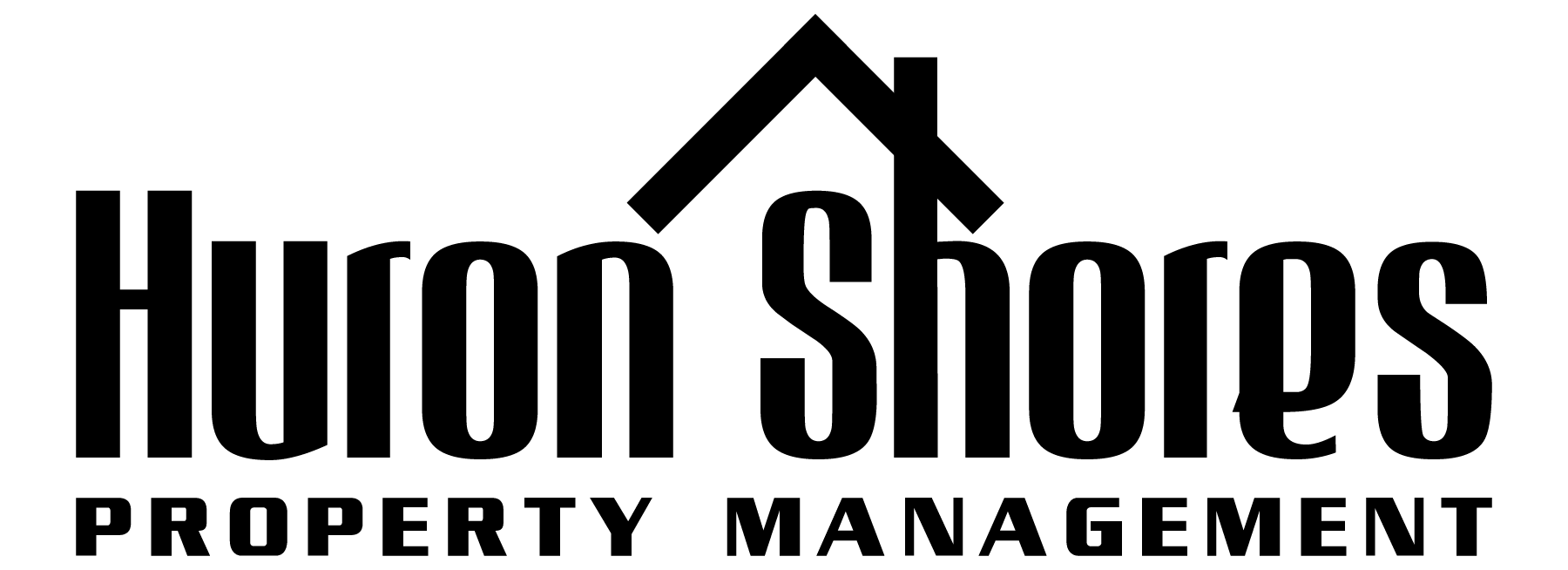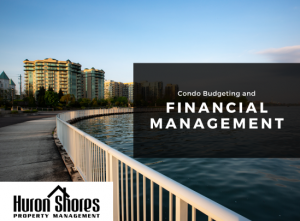Condo budgeting and financial management are essential for maintaining a financially stable and well-maintained condominium community. A well-prepared budget ensures that the corporation has adequate funds to cover operating expenses, reserve funds, and any unexpected costs that may arise. This blog post will delve into the ins and outs of condo budgeting and financial management, providing valuable insights for both condo boards and residents.
Components of a Condo Budget
A comprehensive condo budget typically includes the following components:
- Operating Expenses: These are the day-to-day costs of maintaining and managing the condominium community, such as utilities, maintenance, insurance, and property management fees.
- Reserve Fund Contributions: A reserve fund is a savings account used to cover the cost of significant repairs and replacements in the condominium community. It’s essential to allocate a portion of the budget to regular reserve fund contributions.
- Contingency Funds: These funds are set aside for unexpected expenses that may arise throughout the year, such as emergency repairs or legal fees.
Creating and Approving the Annual Budget
The condo board is responsible for creating and approving the annual budget. This process typically involves the following steps:
- Review the Previous Year’s Budget: Analyze the previous year’s actual expenses and compare them to the budget to identify any discrepancies or areas for improvement.
- Obtain Estimates: Gather quotes and estimates for the upcoming year’s expenses, including maintenance contracts, utilities, and other operating costs.
- Calculate Reserve Fund Contributions: Based on a reserve fund study, determine the appropriate amount to allocate to the reserve fund for the upcoming year.
- Draft the Budget: Using the gathered information, draft the budget, ensuring that all expenses are accounted for, and reserve fund contributions are adequate.
- Approve the Budget: The condo board must review, discuss, and approve the budget before implementing it.
Monitoring and Adjusting the Budget
Once the budget is approved and implemented, the condo board and property manager should regularly monitor actual expenses and compare them to the budget. This will help identify any discrepancies or areas of concern. Then, if necessary, adjustments can be made to the budget throughout the year to ensure financial stability.
Communicating the Budget to Residents
Transparency is crucial when it comes to condo budgeting and financial management. The condo board should communicate the approved budget to residents, providing them with a clear understanding of the community’s financial status and how their condo fees are being utilized.
The Role of a Property Manager in Financial Management
A property manager plays a vital role in the financial management of a condominium community. Their responsibilities include collecting condo fees, managing accounts payable and receivable, providing financial reports to the condo board, and assisting with budget preparation and monitoring.
We’re Here to Help
At Huron Shores Property Management, we are committed to providing expert financial management services to condominium communities. Our experienced team can assist with budget preparation, financial reporting, and ensuring that your condominium corporation remains financially stable. If you’re looking for a property management company with a strong focus on financial management, contact Huron Shores Property Management today at 519-916-1113 or huronsshores@hspm.ca, and visit our website at huron-shores.com. Let us help you create a thriving and financially secure living environment in your condominium community.
Final Thoughts
Condo budgeting and financial management are essential to maintaining a financially stable and well-maintained condominium community. By understanding the components of a condo budget, the budget creation and approval process, and the role of a property manager, condo boards and residents can work together to ensure the community’s long-term success.





